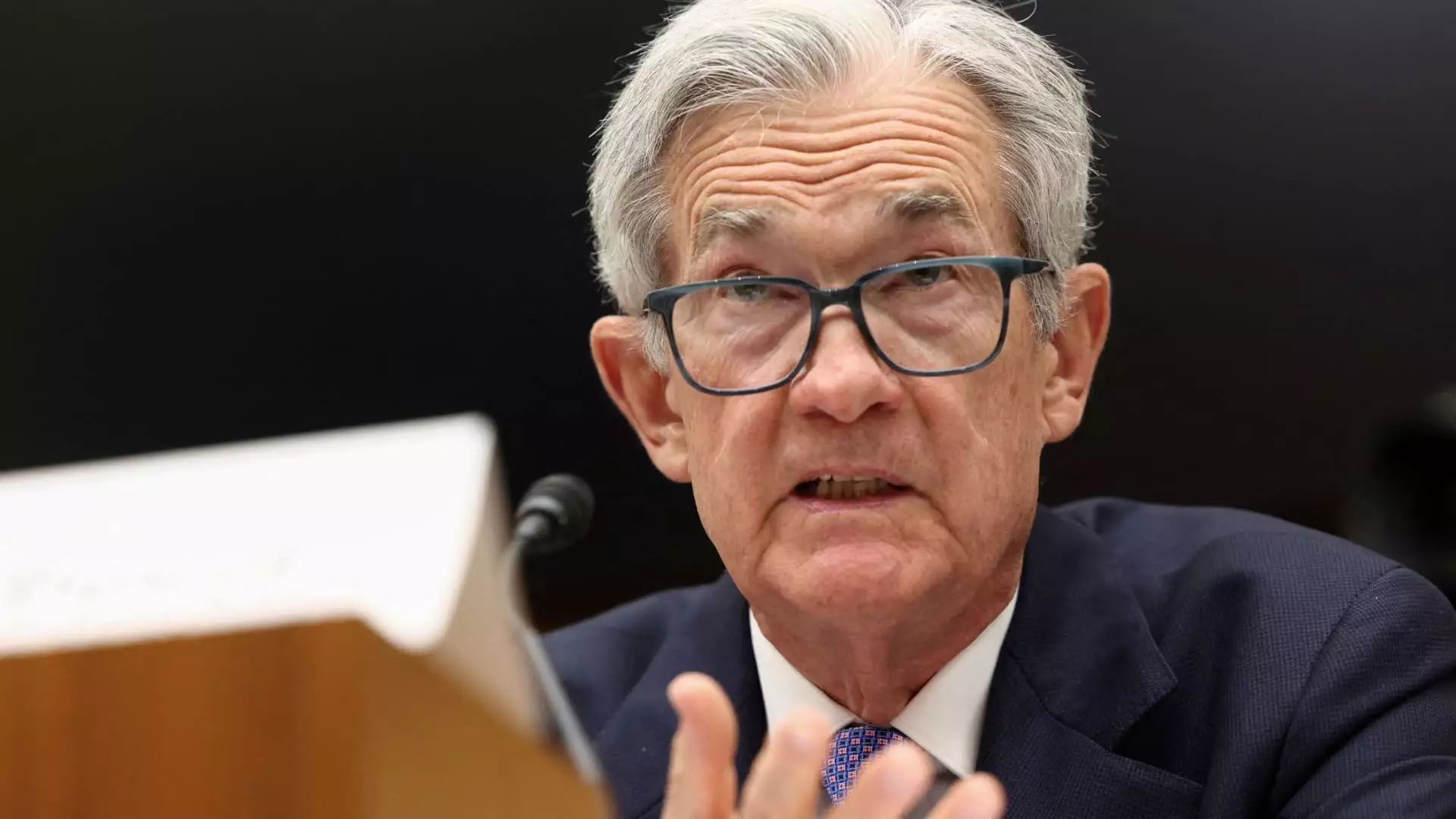In a landscape clouded by partisan politics and growing skepticism toward institutional independence, the Federal Reserve finds itself increasingly under attack. The Trump administration’s relentless criticism, particularly targeting Chairman Jerome Powell and the central bank’s policies, reveals a broader struggle over control, transparency, and legitimacy. The recent spat surrounding the Fed’s renovation project is not merely about construction costs or historic preservation; it’s emblematic of a deeper, more troubling trend—political efforts to undermine an institution designed to be shielded from partisan whims.
The administration’s rhetoric aggressively questions the motives and management of the Fed, framing a pragmatic renovation effort as an “ostentatious” extravagance that signifies neglect or arrogance. This framing plays into larger narratives that accuse the Fed of being disconnected from everyday Americans. But in reality, what is at stake is much more profound: the integrity of an institution that is crucial to economic stability. The Fed’s move to defend its renovation plans through a fact-based FAQ signals an important stance—resisting attempts to politicize its operations under the guise of fiscal oversight or budgetary skepticism.
This is a pivotal moment for American economic governance. When political leaders seek to portray the Fed as wasteful or out of touch, they threaten the very foundation of central bank independence. Powell and his team understand that the credibility of the Fed relies on public confidence and preservation of its autonomy—particularly in an era of rising populist rhetoric that seeks scapegoats for economic uncertainty. The confrontation over the renovation project is not just about bricks and mortar but about asserting that the Fed will not bow to political pressure, however veiled or open.
The Risks of Politicizing the Central Bank
The administration’s accusations, including claims of mismanagement or frivolous spending, are not only unfounded but dangerous. They serve to weaken the institutional independence that has historically insulated the Fed from the chaos of short-term political gains. When leaders attack a central bank for its budgeting or operational decisions, they threaten to erode the public trust that is essential for effective monetary policy.
What makes this situation alarming is that these attacks are strategically timed. With Powell resisting pressure to lower interest rates—despite vociferous demands from political figures—the administration appears intent on creating bottlenecks that could influence the Fed’s future direction. The murkiness of these political maneuvers—suggesting investigations or threats of removal—raises questions about whether the Fed’s integrity is genuinely under assault to serve partisan ends.
The cost overruns and delays cited by critics are often exaggerated or misrepresented. The responsible agencies’ acknowledgment of unforeseen conditions, such as unexpected asbestos findings, reflects a pragmatic approach typical in large-scale renovations. To attack the project on those grounds is to ignore the complexity of maintaining and upgrading historic buildings—an effort that ultimately safeguards the Fed’s legacy and functionality.
An Uphill Battle for Central Bank Independence
What emerges from this heated dispute is a clear reminder: an independent central bank is one of the few bulwarks against the erosion of democratic accountability in economic policy. When political figures leverage scandals or grievances—regardless of their validity—they chip away at the very autonomy that allows the Fed to make decisions based on economic considerations rather than election-year optics.
Powell’s repeated dismissals of political interference reflect a fundamental belief in the importance of institutional resilience. It is not about resisting criticism per se but resisting attempts to manipulate interest rates or monetary policy to serve fleeting political interests. In this context, the ongoing effort to paint the Fed as wasteful or untrustworthy is a calculated political ploy aimed at destabilizing the institution’s credibility.
A healthy democracy requires robust institutions that operate transparently, yet independently. When politicians attempt to control or weaken those institutions under the pretense of oversight or fiscal responsibility, they risk trading long-term stability for short-term political gains. The Fed’s steadfast defense of its renovation project is a reminder that, in the arena of economic governance, independence remains the bedrock of stability and trust.
The broader lesson here is one of vigilance and conviction. The fight for the Fed’s autonomy is ongoing, and efforts to distort its purpose through political attacks threaten to undermine the very fabric of responsible economic management. It is essential that policymakers, stakeholders, and the public recognize the importance of insulating institutions like the Fed from partisan pressures—lest we undermine the foundations of economic security itself.

Leave a Reply